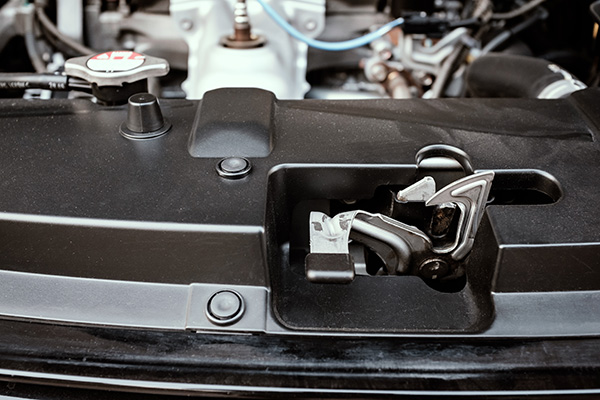Posted on 3/28/2025

You pull the hood release lever under the dashboard—nothing happens. No click, no pop, just a loose or stiff handle that refuses to cooperate. A hood release that stops working can leave you stuck, unable to access your engine bay for basic tasks like checking fluids or jump-starting a dead battery. It’s a frustrating situation but also a common one. And it usually boils down to a problem with the cable, latch, or lever mechanism itself. The hood release is one of those parts most drivers don’t think about until it fails. But when it does, it can be a real hassle. Knowing the possible causes and how this system works can help you understand what’s wrong—and why it needs to be fixed sooner rather than later. How the Hood Release System Works The system that opens your hood is relatively simple but relies on all the parts working in sync. It starts with a lever inside the car, usually near the driver’s left foot. When pulled, that l ... read more
Posted on 2/28/2025

A high-mileage car can be a reliable companion if properly maintained, but as the miles add up, wear and tear become inevitable. Even the most well-built vehicles start to show signs of aging, and ignoring minor issues can lead to costly repairs. Knowing what to watch for can help you stay ahead of problems and keep your car on the road longer—but what are the most common trouble spots in older vehicles? Engine Wear and Oil Consumption Engines in high-mileage vehicles experience gradual wear over time. Piston rings, valve seals, and gaskets can deteriorate, leading to increased oil consumption. If you notice that your car is burning oil between changes or that the oil level drops without visible leaks, it may be a sign of worn internal components. Using high-mileage engine oil can help reduce oil loss and extend the life of aging engine parts. Transmission Problems Automatic transmissions rely on clean, properly maintained fluid to function s ... read more
Posted on 1/31/2025

Choosing the right motor oil for your vehicle might seem straightforward, but when you’re faced with options like synthetic and conventional oil, the decision can become more complicated. Both types of oil are designed to lubricate your engine and keep it running efficiently, but they differ significantly in composition, performance, and maintenance requirements. Let’s find out what sets these two types of oil apart and help you make the best choice for your car. Synthetic Oil Synthetic oil is a man-made product created through a chemical process that results in a highly refined and uniform molecular structure. This engineered oil offers superior performance in extreme temperatures, enhanced lubrication, and greater resistance to breakdown over time. Because of these qualities, synthetic oil is commonly recommended for modern engines, high-performance vehicles, and drivers who face challenging conditions like extreme heat or cold. One of the standout ben ... read more